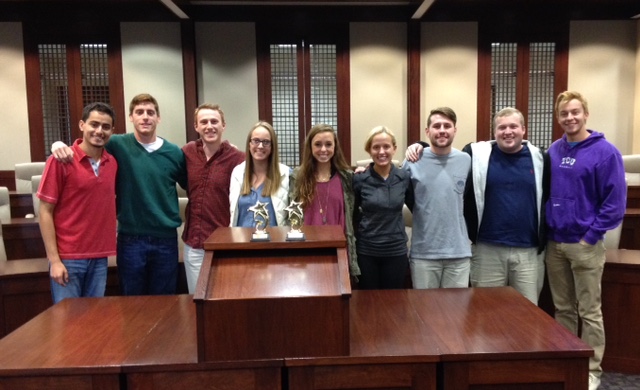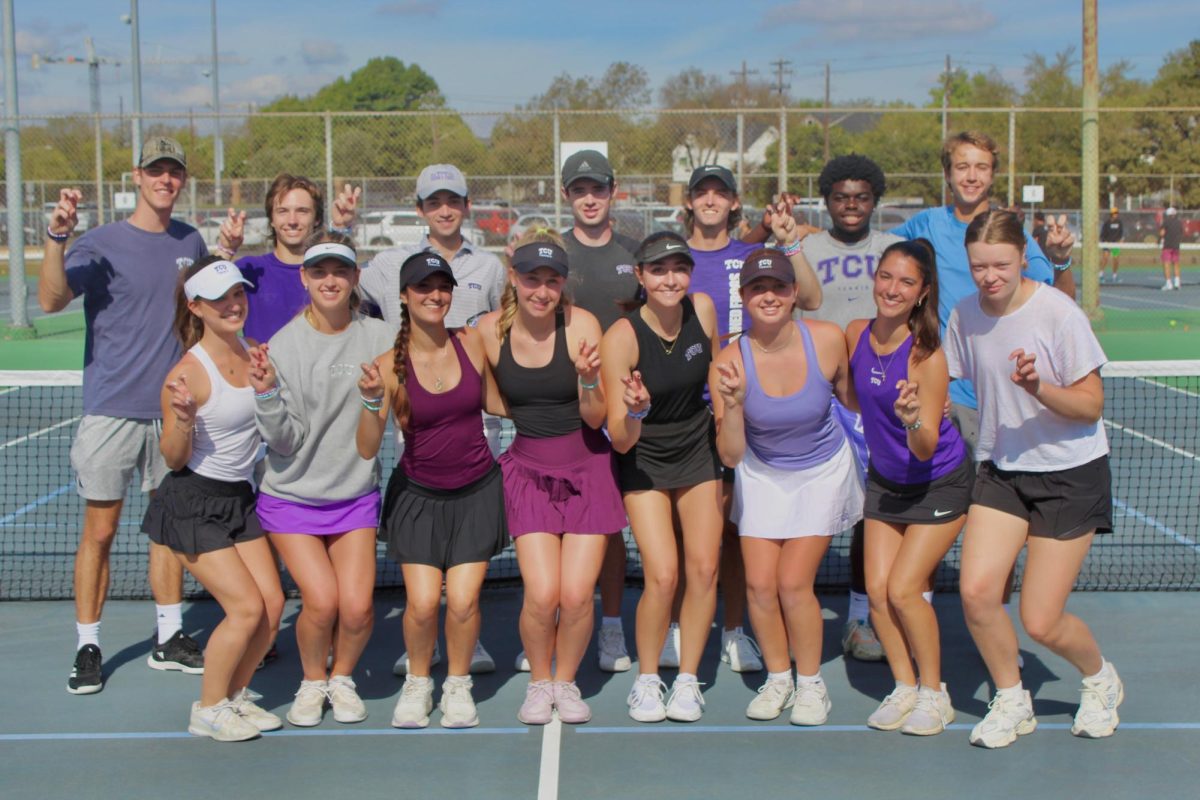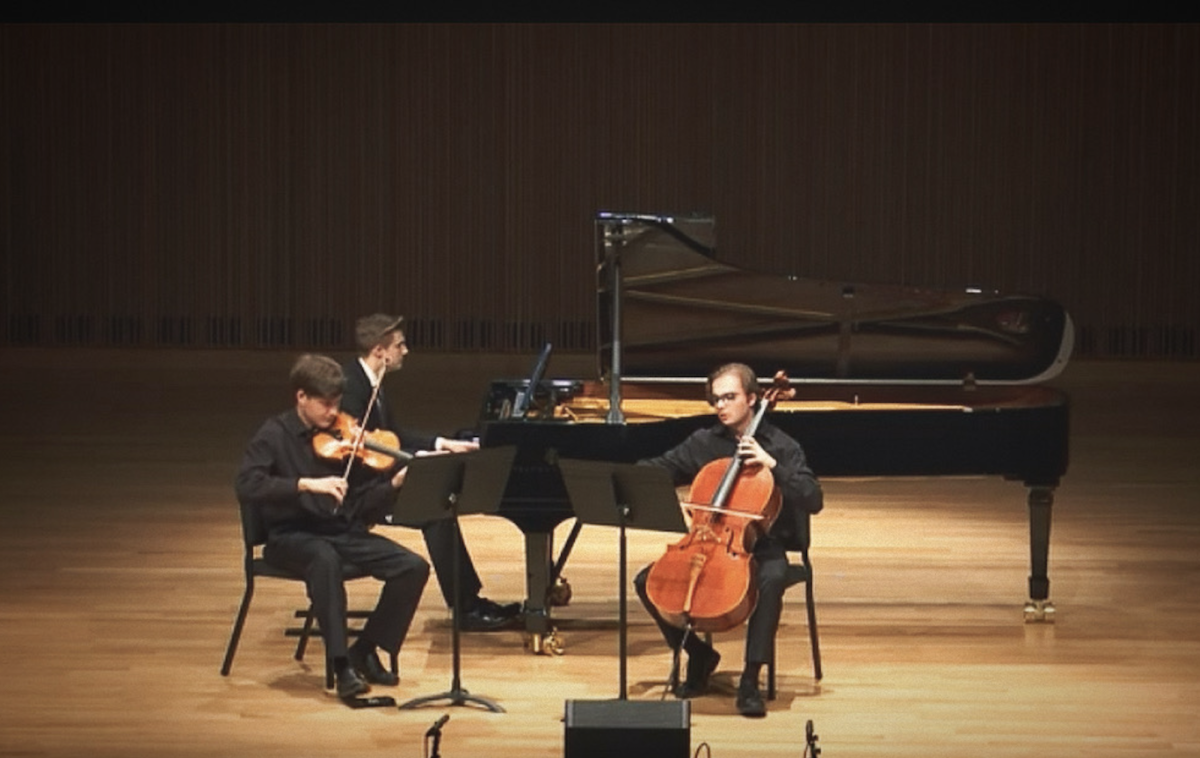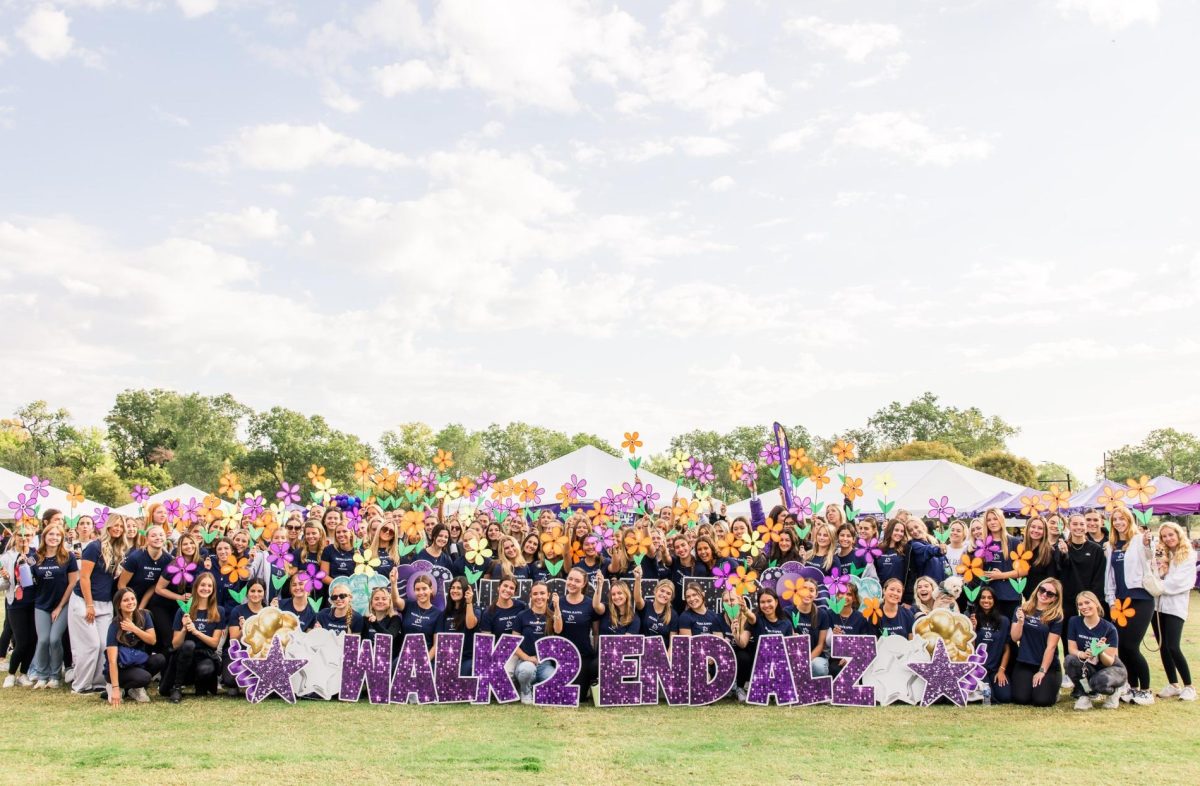Future law students and lovers of the Constitution can try out for a chance to compete on TCU’s Moot Court team. The Moot Court program, offered to undergraduates by the political science department, allows students to argue a hypothetical case before a mock Supreme Court of the United States. “We have five returning members and are looking for four to six people to join our team,” said Donald Jackson, one of the political science professors who advises the team. Students of the team gain the skills needed to defend a case to a Supreme Court. They conduct their own legal research and have multiple practice sessions in intercollegiate competitions. “The team is very competitive,” said Kelsey Ritchie, journalism and political science double major who has competed on the team for two years. “Last year, my partner Maddie Reddick and I went to nationals in California. At the regional tournament, I came in the top 16 and Maddie came in fourth.” The team competes in the Texas Undergraduate Moot Court Association (TUMCA) where the most recent regional competitions have been held at Texas Tech Law School and Texas A&M Law School in Fort Worth. Students compete in pairs, and each student is responsible for presenting a 10-minute argument that they have heavily researched throughout the entire year. “Every year, [TUMCA] publishes a new case problem,” Jackson said. “It’s a constitutional law problem with two issues, and we argue that same case at every competition.” Moot Court team members are told what side of the argument they will be taking minutes before competing, which makes the trial much more difficult to prepare for, Jackson said. “A Moot Court argument is an appellate argument that is arguing a case as though it was before the Supreme Court of the United States,” Jackson said. “So it’s different from what is called mock trial because mock trial is a trial before a jury.” The team also made it to nationals in 2013. Prospective new members can email Jackson to request a 15-minute interview for March 14 or 18 in Scharbauer 1001, the Debate Chamber. Students interviewing for the team are asked to prepare a presentation for either side of the issues from the Elonis v. US, 135 S Ct. 2001 – Supreme Court 2015 case.
Categories:
Moot Court team to hold tryouts next month
Published Feb 22, 2016
More to Discover







